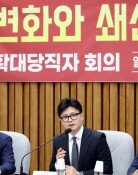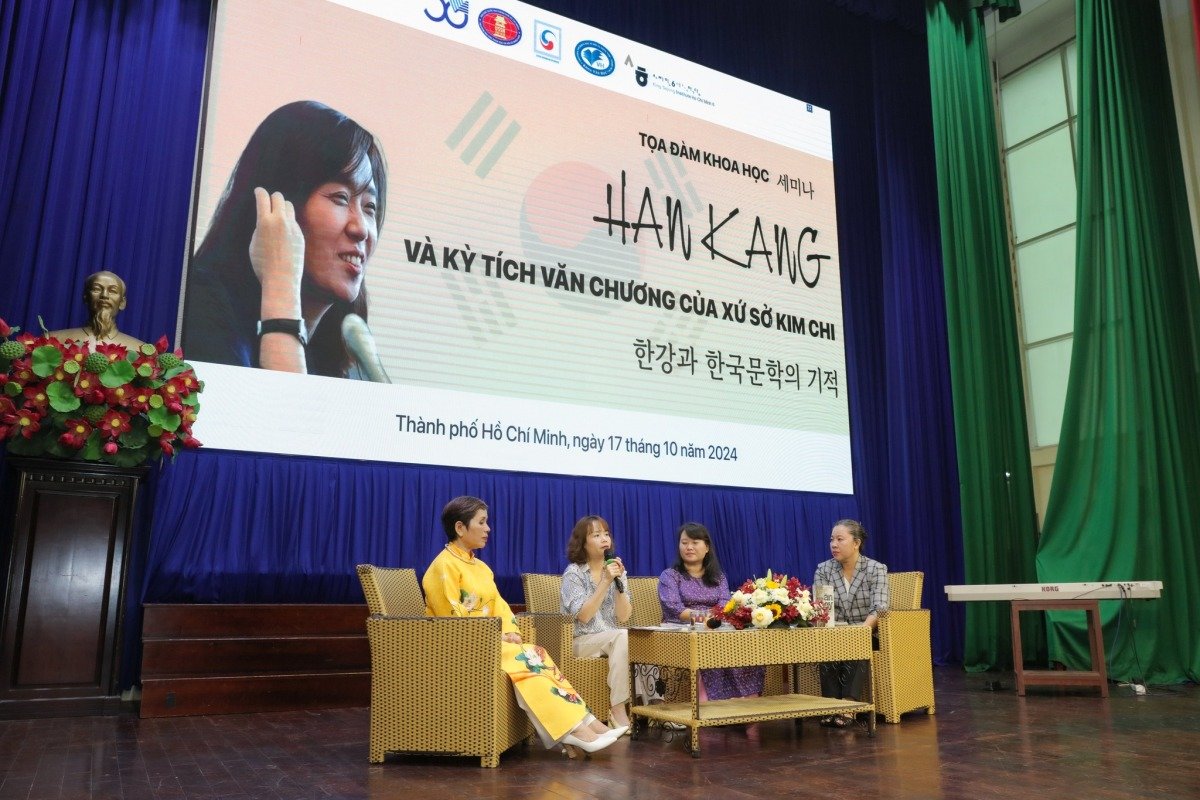Analysis of state affairs in crisis(1)
The sins of the few
Posted November. 30, 2000 14:18,
Analysis of state affairs in crisis(1) Reforming public corporations (2)
Even as the voices of concern have been on the rise pointing to the very nature of the current crisis, more than a mere economic crisis but one that threatens the very nation, the government has not presented any clear answers. Accordingly, many have questioned whether the ruling party`s very system of governance may be fundamentally flawed. What flaws lie at the heart of the matter? Through two in-depth articles, the problem of the ruling party, it`s decision-making process and the decision makers, and the governance procedures including management and inspection capability will be addressed.
Recently, a man who this article will refer to as "A," two days prior to the official announcement of his appointment to a mid-level post in the ruling Millennium Democratic Party (MDP), received a message from an influential person in the MDP. "A" believes it was the power influence of his benefactor wielding influence in the background that led to his appointment.
Many have pointed to the MDP's distorted decision-making structure as the cause of the irregular policy of governance and the overall impression of complete breakdown of Korean society. In other words, with a handful of influential power wielders monopolizing all decision-making processes, most of the important decisions have come not through the official MDP platform, but through mostly unofficial channels heavily laden with personal considerations.
As such, the non-influential members of the MDP, the majority, have become spectators and have lost the ability to consolidate and push through various reforms. Furthermore, many have criticized that such an unbalanced polarity of influence has largely spoiled rational judgment in even the core policies.
At the MDP, when influential party members make their way to their offices, it is common to see a line of former party officials in tow requesting various posts in favor. There also is a widespread belief that without the influence of such power figures, appointments to any enterprise or agency under the government for which influence is essential, are next to impossible.
It is natural that as the voices of the influential figures rise, the other voices are drowned out, and the discontent of those left out of the decision-making process increase. These days, even some of the highest MDP officials have publicly expressed their feelings of alienation.
"With the highest ranking party officials so utterly powerless, why was a national convention necessary even to pick them?¡± one of the highest ranking MDP officials, Park Sang-Chun, said.
Frequently, the decision-making process is delayed due to the so-called power game by the influential figures. As the struggle goes on, the sense of impotence only increases for the other members of the ruling party.
Even those in the opposition Grand National Party (GNP) have expressed worriedly that with the ruling party so weakened, whether a national crisis could successfully be overcome seems doubtful.
"The MDP's use of physical barriers to block the impeachment of the prosecutor general is evidence of its lack of confidence that it could be blocked through a normal voting procedure,¡± a GNP official said. ¡°I hadn't realized the ruling party has been so weakened."
Where lies the fundamental flaw?
The majority of analyses have pointed to President Kim Dae-Jung's style of governance. President Kim, while having a hand in all matters, relies on a limited source of information, which is the foundation for proper decision-making. Such limited exposure has affected the impotence and confusion in the ruling MDP.
In relating to the matter, the president of the opposition GNP said at a press conference Wednesday pointed out the possibility of information being screened by certain people near the president.
"In a sense, the president could become a prisoner to the source of information,¡± he said.
Yoon Seung-Mo ysmo@donga.com
Headline News
- Presidential Office signals possible offensive weapons aid to Ukraine
- N. Korea reportedly prepares military balloon attack with Russia
- Medical associations join bipartisan talks on expanding medical school quotas
- Former world No. 1 Ko Jin-young returns to LPGA
- Kakao unveils AI service ‘Kanana’ at 'if Kakao AI 2024'







